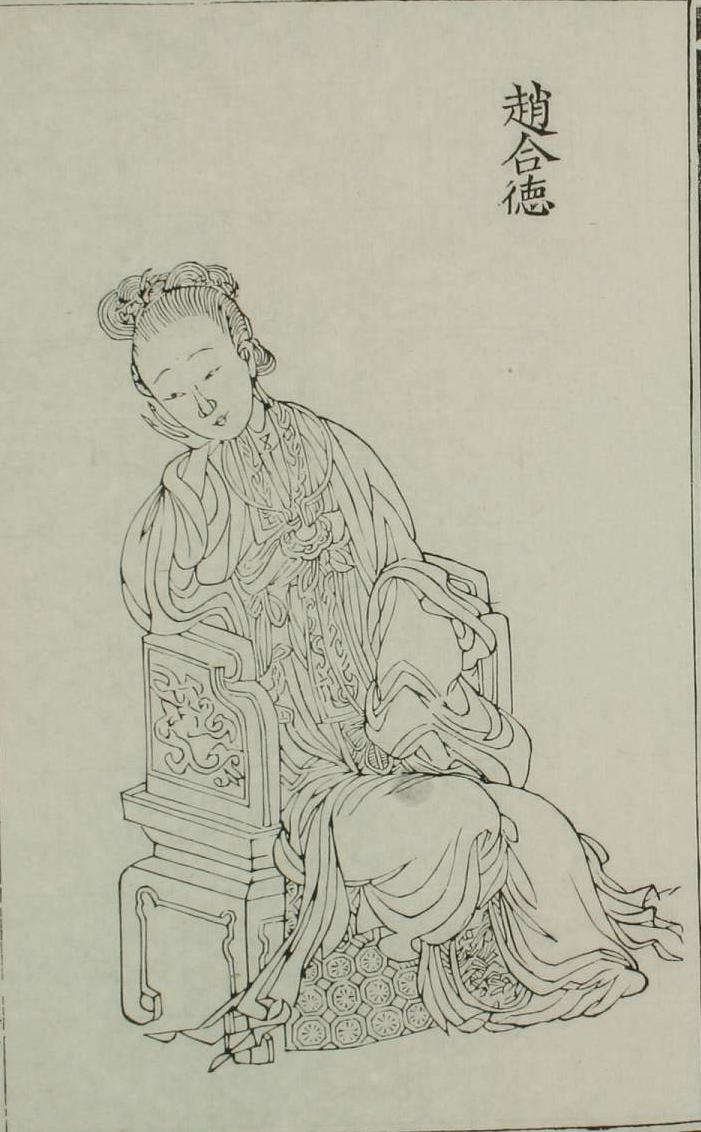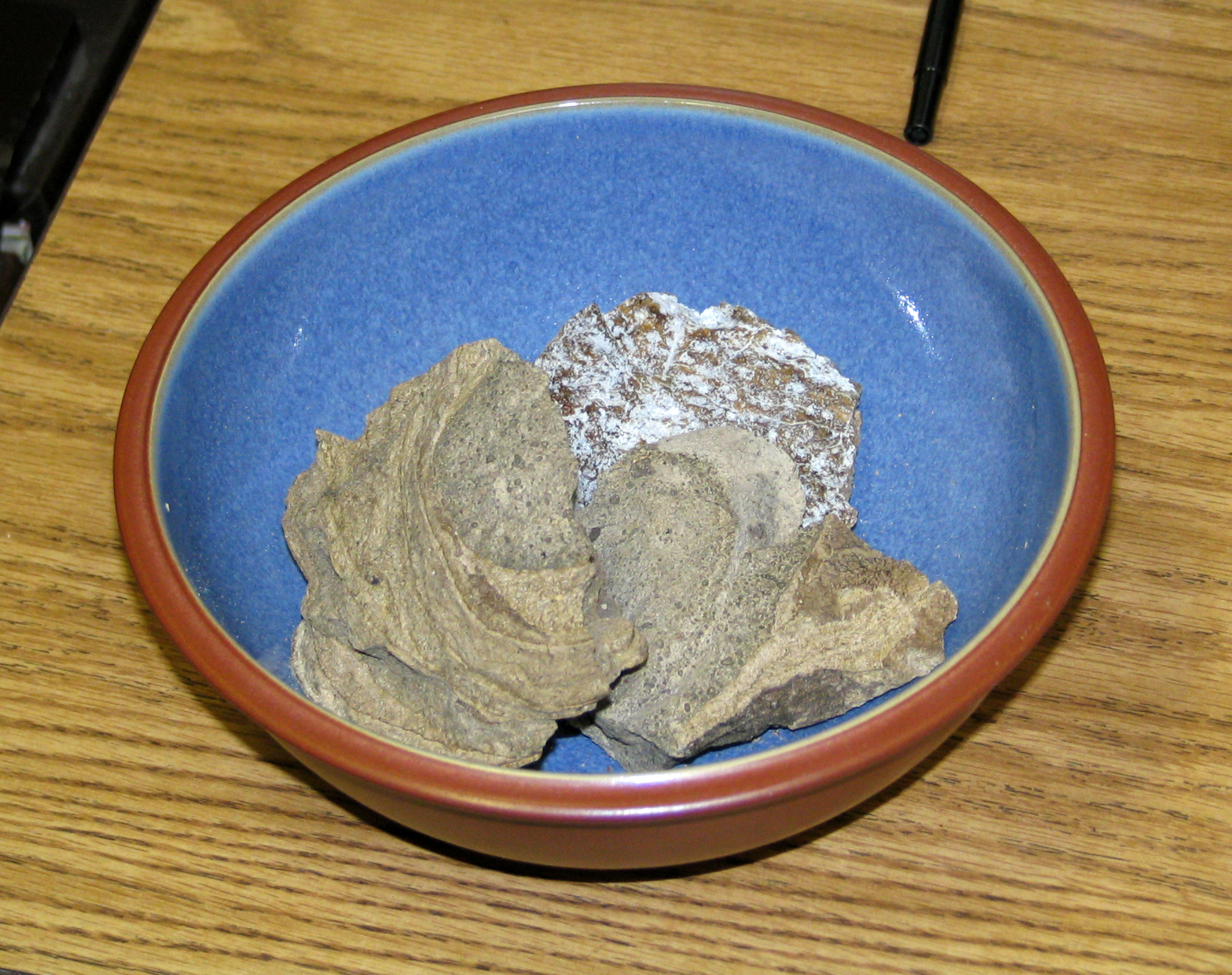|
Consort Zhao Hede
Zhao Hede (; died 7 BC) was an imperial consort of the rank ''zhaoyi'' (昭儀) during the Han dynasty. She was a consort to Emperor Cheng and sister of the empress Zhao Feiyan. Background It is not known when Zhao Hede was born, but it is clear she was younger than her sister Feiyan. According to historical accounts, she was a daughter of two hereditary servants of imperial princes or princesses. Her father's name was Zhao Lin (趙臨). She was probably later assigned to the household of Princess Yang'a (陽阿公主), with her sister Zhao Feiyan, but that is not clear. What is clear is that when Emperor Cheng became enamored with her sister circa 19 BC, he took not only her sister, but also her, as imperial consorts, and they became highly favored, over Empress Xu and Consort Ban. Imperial Consort In 18 BC, they falsely accused Empress Xu and Consort Ban of witchcraft; Empress Xu was deposed, and while Consort Ban was able to successfully plead her case, she did not wish to ... [...More Info...] [...Related Items...] OR: [Wikipedia] [Google] [Baidu] |
Consort Zhao Hede
Zhao Hede (; died 7 BC) was an imperial consort of the rank ''zhaoyi'' (昭儀) during the Han dynasty. She was a consort to Emperor Cheng and sister of the empress Zhao Feiyan. Background It is not known when Zhao Hede was born, but it is clear she was younger than her sister Feiyan. According to historical accounts, she was a daughter of two hereditary servants of imperial princes or princesses. Her father's name was Zhao Lin (趙臨). She was probably later assigned to the household of Princess Yang'a (陽阿公主), with her sister Zhao Feiyan, but that is not clear. What is clear is that when Emperor Cheng became enamored with her sister circa 19 BC, he took not only her sister, but also her, as imperial consorts, and they became highly favored, over Empress Xu and Consort Ban. Imperial Consort In 18 BC, they falsely accused Empress Xu and Consort Ban of witchcraft; Empress Xu was deposed, and while Consort Ban was able to successfully plead her case, she did not wish to ... [...More Info...] [...Related Items...] OR: [Wikipedia] [Google] [Baidu] |
Wang Zhengjun
Wang Zhengjun (; 71 BC – 13 AD), officially Empress Xiaoyuan (孝元皇后), later and more commonly known as Grand Empress Dowager Wang, born in Yuancheng (modern Handan, Hebei), was an empress during the Western Han dynasty of China, who played important roles during the reigns of five successive Han emperors (her husband, son, two stepgrandsons, and stepgreat-grandnephew) and later (according to traditional historians, unwittingly) led to the usurpation of the throne by her nephew Wang Mang. She is largely viewed sympathetically by historians as an unassuming and benevolent if overly doting woman who suffered much in her long life, who tried to influence the empire as well as she could, and tried to use her power for the benefit of the empire, and who was not a party to her nephew's machinations, but whose failure, leading to the downfall of the Western Han Dynasty, was her overdependence on her clan (the Wangs). Early life Wang was born the second daughter of Wang Jin, the ... [...More Info...] [...Related Items...] OR: [Wikipedia] [Google] [Baidu] |
1st-century BC Chinese People
The 1st century was the century spanning AD 1 ( I) through AD 100 ( C) according to the Julian calendar. It is often written as the or to distinguish it from the 1st century BC (or BCE) which preceded it. The 1st century is considered part of the Classical era, epoch, or historical period. The 1st century also saw the appearance of Christianity. During this period, Europe, North Africa and the Near East fell under increasing domination by the Roman Empire, which continued expanding, most notably conquering Britain under the emperor Claudius (AD 43). The reforms introduced by Augustus during his long reign stabilized the empire after the turmoil of the previous century's civil wars. Later in the century the Julio-Claudian dynasty, which had been founded by Augustus, came to an end with the suicide of Nero in AD 68. There followed the famous Year of Four Emperors, a brief period of civil war and instability, which was finally brought to an end by Vespasian, ninth Roman emperor, a ... [...More Info...] [...Related Items...] OR: [Wikipedia] [Google] [Baidu] |
1st-century BC Chinese Women
The 1st century was the century spanning AD 1 ( I) through AD 100 ( C) according to the Julian calendar. It is often written as the or to distinguish it from the 1st century BC (or BCE) which preceded it. The 1st century is considered part of the Classical era, epoch, or historical period. The 1st century also saw the appearance of Christianity. During this period, Europe, North Africa and the Near East fell under increasing domination by the Roman Empire, which continued expanding, most notably conquering Britain under the emperor Claudius ( AD 43). The reforms introduced by Augustus during his long reign stabilized the empire after the turmoil of the previous century's civil wars. Later in the century the Julio-Claudian dynasty, which had been founded by Augustus, came to an end with the suicide of Nero in AD 68. There followed the famous Year of Four Emperors, a brief period of civil war and instability, which was finally brought to an end by Vespasian, ninth Roman em ... [...More Info...] [...Related Items...] OR: [Wikipedia] [Google] [Baidu] |
Han Dynasty Imperial Consorts
Han may refer to: Ethnic groups * Han Chinese, or Han People (): the name for the largest Chinese people, ethnic group in China, which also constitutes the world's largest ethnic group. ** Han Taiwanese (): the name for the ethnic group of the Taiwanese people who may be fully or partially Han Chinese descent. * Han Minjok, or Han people (): the Korean native name referring to Koreans. * Hän: one of the First Nations peoples of Canada. Former states * Han (Western Zhou state) (韓) (11th century BC – 757 BC), a Chinese state during the Spring and Autumn period * Han (state) (韓) (403–230 BC), a Chinese state during the Warring States period * Han dynasty (漢/汉) (206 BC – 220 AD), a dynasty split into two eras, Western Han and Eastern Han ** Shu Han (蜀漢) (221–263), a Han Chinese dynasty that existed during the Three Kingdoms Period * Former Zhao (304–329), one of the Sixteen Kingdoms, known as Han (漢) before 319 * Cheng Han (成漢) (304–347), o ... [...More Info...] [...Related Items...] OR: [Wikipedia] [Google] [Baidu] |
7 BC Deaths
7 (seven) is the natural number following 6 and preceding 8. It is the only prime number preceding a cube. As an early prime number in the series of positive integers, the number seven has greatly symbolic associations in religion, mythology, superstition and philosophy. The seven Classical planets resulted in seven being the number of days in a week. It is often considered lucky in Western culture and is often seen as highly symbolic. Unlike Western culture, in Vietnamese culture, the number seven is sometimes considered unlucky. It is the first natural number whose pronunciation contains more than one syllable. Evolution of the Arabic digit In the beginning, Indians wrote 7 more or less in one stroke as a curve that looks like an uppercase vertically inverted. The western Ghubar Arabs' main contribution was to make the longer line diagonal rather than straight, though they showed some tendencies to making the digit more rectilinear. The eastern Arabs developed the digit fr ... [...More Info...] [...Related Items...] OR: [Wikipedia] [Google] [Baidu] |
Zizhi Tongjian
''Zizhi Tongjian'' () is a pioneering reference work in Chinese historiography, published in 1084 AD during the Northern Song dynasty in the form of a chronicle recording Chinese history from 403 BC to 959 AD, covering 16 dynasties and spanning almost 1400 years. The main text is arranged into 294 scrolls (''juan'' , equivalent to a chapter) totaling about 3 million Chinese characters. In 1065 AD, Emperor Yingzong of Song commissioned his official Sima Guang (1019–1086 AD) to lead a project to compile a universal history of China, and granted him funding and the authority to appoint his own staff. His team took 19 years to complete the work and in 1084 AD it was presented to Emperor Yingzong's successor Emperor Shenzong of Song. It was well-received and has proved to be immensely influential among both scholars and the general public. Endymion Wilkinson regards it as reference quality: "It had an enormous influence on later Chinese historical wri ... [...More Info...] [...Related Items...] OR: [Wikipedia] [Google] [Baidu] |
Aphrodisiac
An aphrodisiac is a substance that increases sexual desire, sexual attraction, sexual pleasure, or sexual behavior. Substances range from a variety of plants, spices, foods, and synthetic chemicals. Natural aphrodisiacs like cannabis or cocaine are classified into plant-based and non-plant-based substances. There are non-naturally-occurring aphrodisiacs like MDMA and methamphetamine. Aphrodisiacs can be classified by their type of effects (i.e., psychological or physiological). Aphrodisiacs that contain hallucinogenic properties like Bufotenin have psychological effects on a person that can increase sexual desire and sexual pleasure. Aphrodisiacs that contain smooth muscle relaxing properties like yohimbine have physiological effects on a person that can affect hormone levels and increase blood flow. It is possible that the aphrodisiac effect of a substance is due to the placebo effect. Other substances that impede on areas that aphrodisiacs aim to enhance are classified as an ... [...More Info...] [...Related Items...] OR: [Wikipedia] [Google] [Baidu] |





